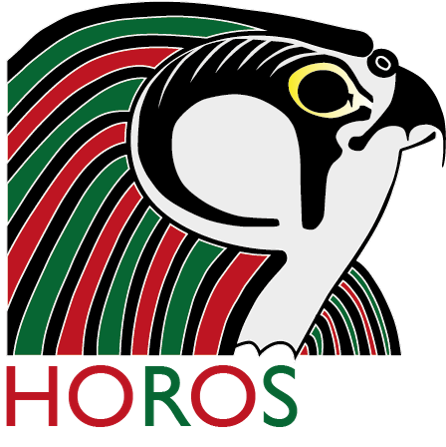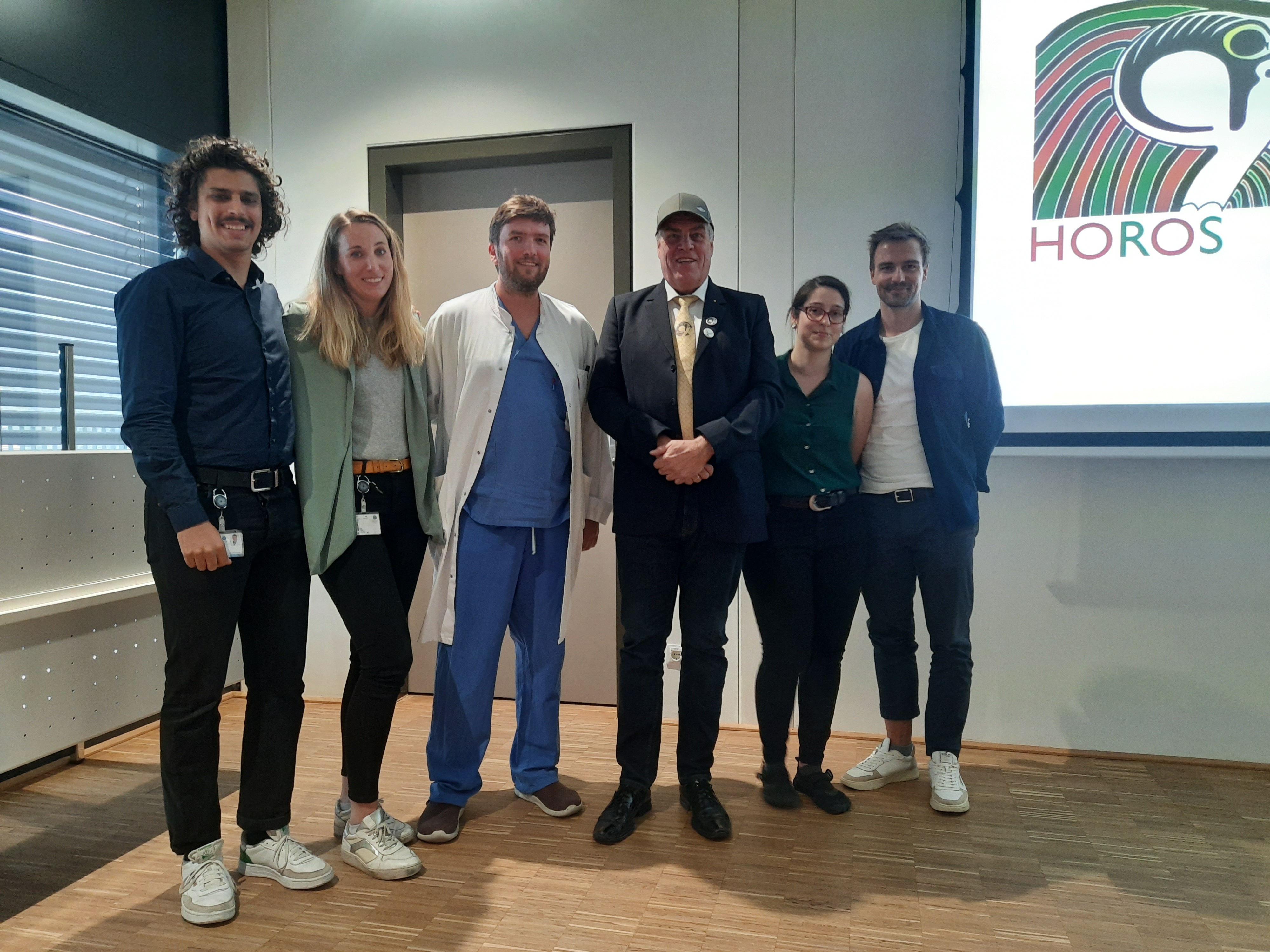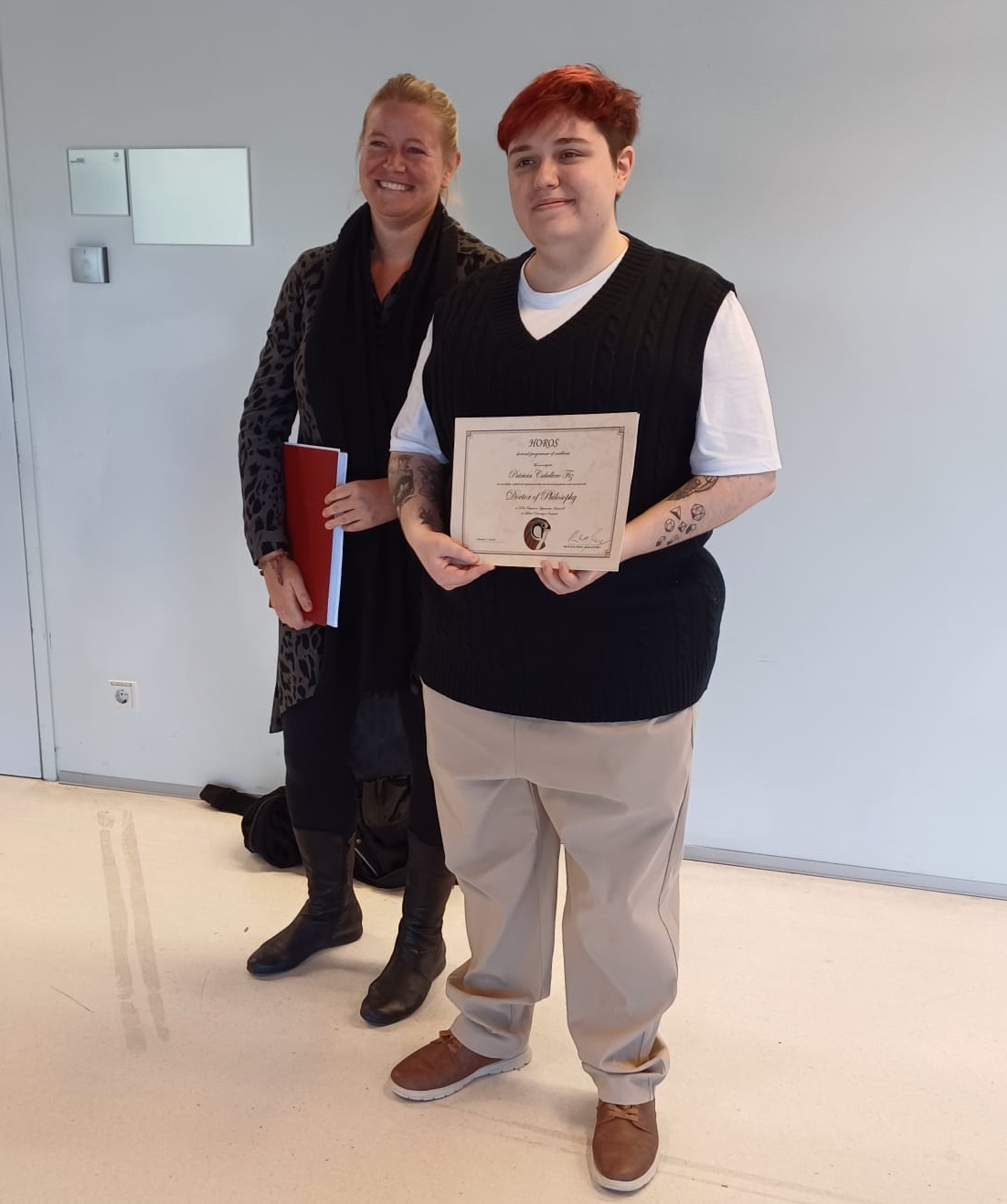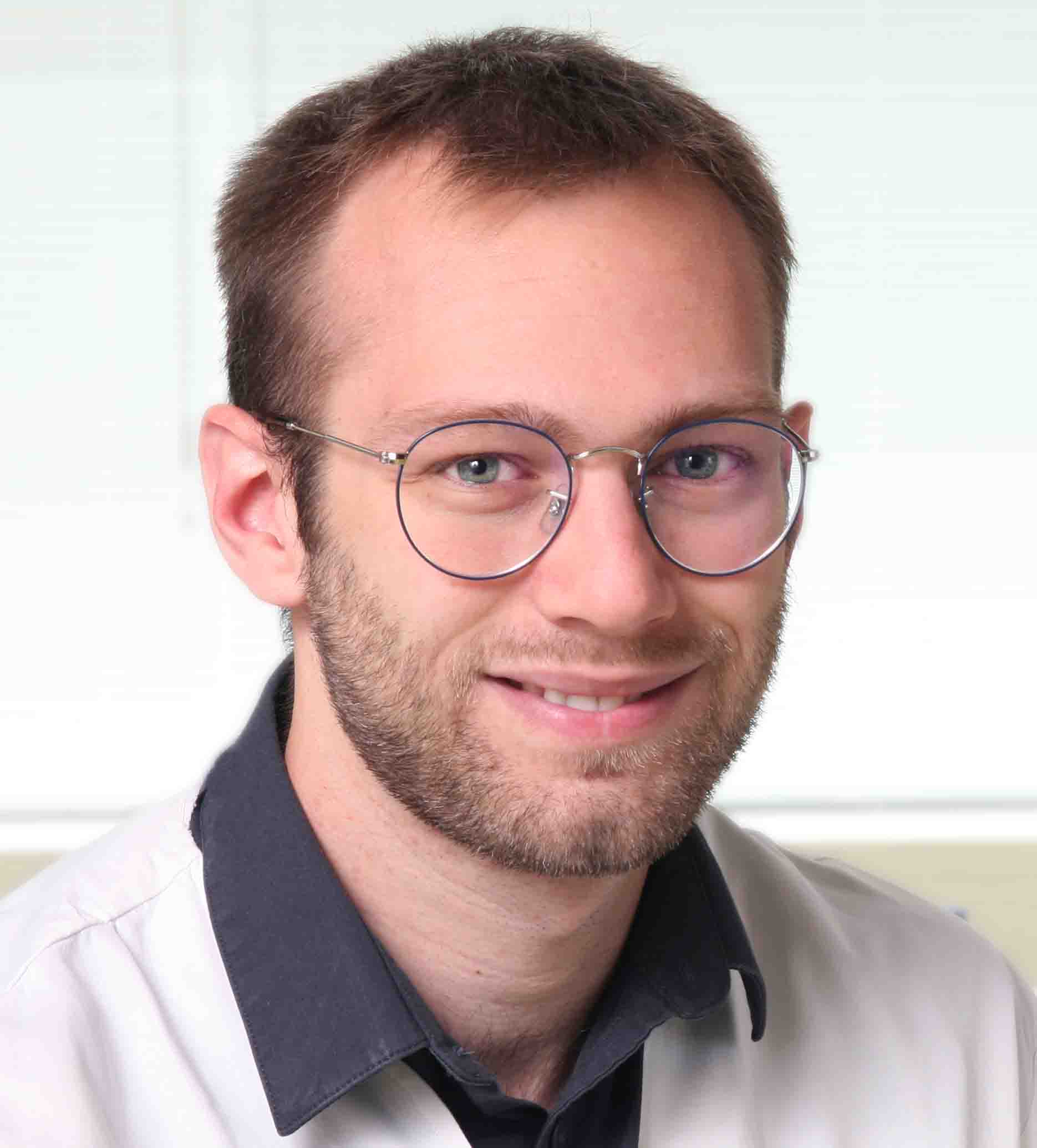horos news
The HOROS-Homepage was closed on the 30th of April 2025, i.e. 20 months after the official end, and there will be no more entries or changes. We wish all the students who were supported by this programme and have successfully defended their thesis by 30th April all the best for their future. These best wishes are extended to those students who have not yet finished and are - in most cases - presently kindly supported by funds of their supervisors.

122 - Final Dinner of HOROS
Date: 2024-11-25 Filed under: News
The final dinner of the HOROS (Host Response in Opportunistic Infections) PhD Programme of Excellence took place in the end of September 2024 in Innsbruck and marked the culmination of an outstanding academic journey. Established in 2014, the programme has played a crucial role in advancing research on host responses to opportunistic infections, fostering innovation and collaboration in the field. Over the course of the last decade, more than 40 doctoral students have been supported by the programme, who have gone on to make significant contributions in academia, research institutions, and healthcare settings worldwide. The programme's interdisciplinary approach, fostering collaboration between immunologists, microbiologists, and clinicians, has led to valuable insights into the mechanisms of opportunistic infections and their impact on public health.
The final dinner for the HOROS programme marked a momentous occasion, celebrating over a decade of excellence in education, research, and innovation. The programme has not only contributed to advancing scientific knowledge but has also fostered a supportive community of researchers dedicated to addressing critical issues in infectious disease. As the programme officially comes to a close, the legacy of HOROS will continue to influence future generations of researchers and public health professionals working on the frontlines of infectious disease.
The organizers extended their gratitude to the mentors, faculty, and collaborators whose guidance and support have been pivotal in the success of the programme. Special thanks were given to the PhD students and alumni whose passion and dedication have been the driving force behind the programme's accomplishments.

121 - "Wü to go"
Date: 2024-11-24 Filed under: News
On the 23 September 2024 the HOROS Speaker Reinhard Würzner invited his local peers, colleagues and students to his farewell symposium to the scenic roof seminar room of the Medical University of Innsbruck at the Fritz-Pregl-Str. 3. International colleagues of the complement field were additionally invited to a scientific symposium in Obergurgl (see CORVOS.eu), but Christoph Schmidt gave an overview on Reinhard Würzner's role at the European Complement Network (founding ECN General Secretary 1997-2003 and ECN President 2017-2023) on site. The other two external speakers were Nicole van de Kar (who reported on Reinhard's role as the Chair of the Scientific committee of the VTEC 2014 in Amsterdam) and Birgit Willinger (who evaluated Reinhard's engagement in Austrian Society of Medical Mycology: founding ÖGMM President 2001-2006 & again ÖGMM President 2020-2022).
He himself wanted to have this symposium also as a scientific one and started with an introductory talk on "Vaccinations for seniors". This talk was then followed by greeting messages and talks of his companions, peers and students refering to their projects in immunology, bacteriology and mycology with some breaks: Anita Luckner-Hornischer spoke about Reinhard's organisation of the 19 Tyrolean vaccination days and pointed out that already the first Tyrolean vaccination day was organised by him, back in 2006. Guido Wollmann focused on Reinhard being a valued member of the Corona-Diagnostic Team at the Inst. of Virology during the pandemic, Cornelia Speth on multiple scientific collaborations between them on fungi and complement and Dorothee Orth-Höller on their combined projects on complement in E.coli-induced haemolytic-uraemic syndrome.
Reinhard role in teaching, the doctoral studies at the Med. Univ. Innsbruck und in the doctoral programmes IIT, HOROS and CORVOS, which he all chaired, was evaluated by Bernhard Flucher and Florian Kronenberg, but also his former administrators and students.
Programme
CV Reinhard Würzner
Congratulations

120 - Congratulations to Patricia on Her Successful PhD Defense!
Date: 2024-11-23 Filed under: News
Patricia has successfully defended her PhD thesis on the metabolic remodeling of Aspergillus fumigatus during iron starvation, addressing critical challenges in fighting invasive fungal infections.
Her research explored how A. fumigatus adapts to iron limitation during infection, focusing on key transcription factors (HapX and SrbA) and siderophore-mediated iron acquisition. Using genetic and biochemical approaches, Patricia identified novel iron-regulated pathways that may serve as potential virulence determinants. A major highlight of her work was investigating the link between acetyl-CoA metabolism and siderophore biosynthesis, uncovering new insights into fungal iron homeostasis.
Patricia’s findings advance our understanding of A. fumigatus and open new avenues for improving antifungal therapies. Congratulations, Patricia, on this remarkable achievement!

119 - We proudly present Mr. Eliott Lafon, PhD!
Date: 2024-11-10 Filed under: News
We are thrilled to announce the successful defense of Eliott Lafon's PhD thesis, which explored the intricate host-pathogen interactions during SARS-CoV-2 infections, with a focus on understanding the immune response and the impact of underlying conditions like cystic fibrosis.
Eliott's research investigated how immune components such as T cells, antibodies, and complement factors differ across disease severity, shedding light on the interplay between these responses during COVID-19. The work also analyzed immune responses elicited by early COVID-19 vaccines against emerging variants, providing valuable insights into vaccine efficacy. Additionally, Eliott developed advanced in vitro lung models to study the unique dynamics of SARS-CoV-2 infection in cystic fibrosis airways, aiming to uncover factors contributing to potential resistance mechanisms.
This comprehensive body of work addresses critical challenges in understanding SARS-CoV-2 biology and host susceptibility, paving the way for future studies and therapeutic advancements. Congratulations, Eliott, on this remarkable accomplishment!
.jpg)
118 - Mariam's Defense
Date: 2024-04-08 Filed under: News
We are thrilled to announce that Mariam has successfully completed her PhD! Her research focused on the complement system, particularly the C7 component, which is vital for forming the membrane attack complex (MAC). While C7's role in MAC assembly is well understood, Mariam explored its lesser-known functions.
Her key findings include: (1) C7's synthesis outside the liver, enabling localized regulation and tissue-specific roles; (2) its links to various diseases, emphasizing the need to study its non-canonical functions; (3) the development of monoclonal antibodies and a highly specific ELISA to measure C7; and (4) the discovery of a C7-clusterin (CLU) complex, suggesting multifunctional roles for C7 beyond MAC assembly.
Mariam's innovative work has deepened our understanding of C7 and created tools for future research. We are incredibly proud of her achievements and wish her great success in her career!
contact
PROGRAMME SPEAKER
Reinhard Würzner, M.D., Ph.D.
Schöpfstraße 41
A-6020 Innsbruck
horos@i-med.ac.at
Imprint
Partner










.jpg)